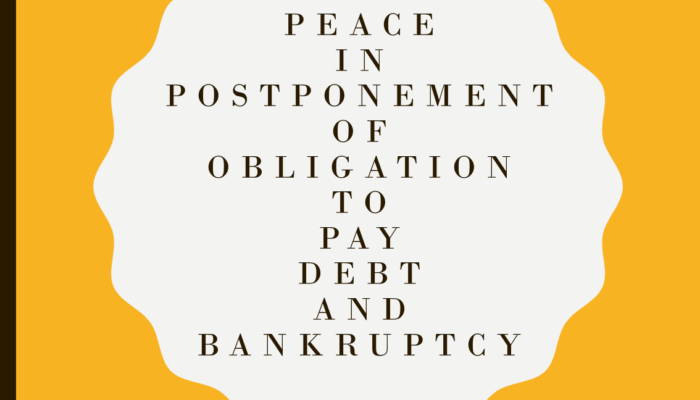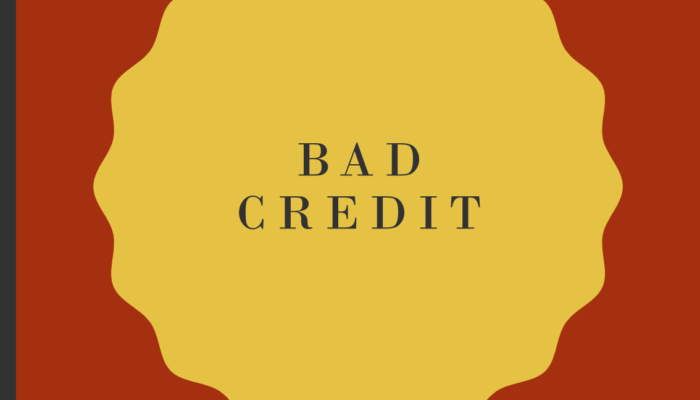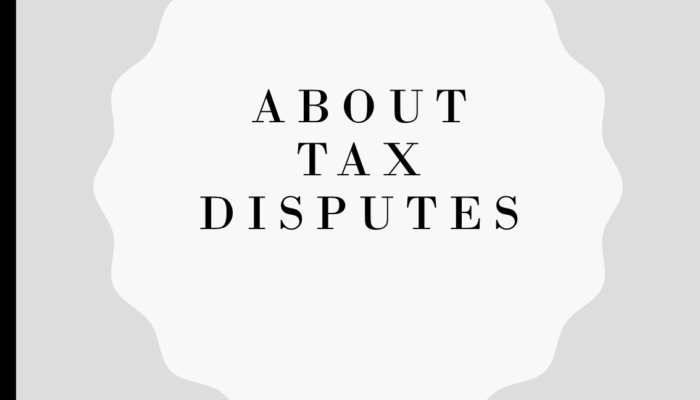Principle of Peace
“Peace Institution” in the Bankruptcy and Postponement of Debt Payment Obligations Law regime is the embodiment of various principles adhered to in the UUK and at the same time becomes the most important institution in the UUK;
The principle referred to is the Balance Principle, which is the balance between the interests of debtors, creditors and other stakeholders in the Postponement of Debt Payment Obligations and Bankruptcy proceedings;
The principle of business continuity (going concern) becomes very important to protect the business of debtors and creditors, employees, suppliers and other parties directly and indirectly;
The Principles of Transparency and Justice are keywords in the peace process.
The Party That Proposed Peace Plan
1. debtor, When submitting a petition request for himself (voluntary petition). Debtors who estimate in the future will not be able to carry out their obligations to creditors;
2. debtor, When he is declared to have postponed his debt payment obligations;
3. debtor, When he was declared bankrupt;
4. curator, When the debtor is declared bankrupt.



